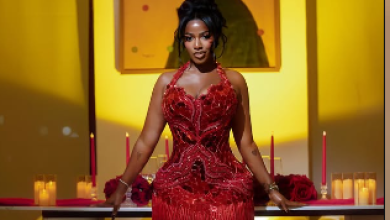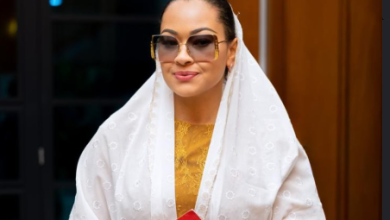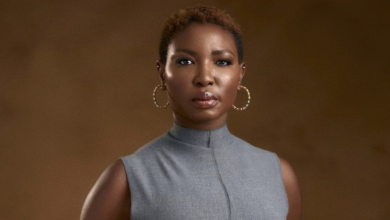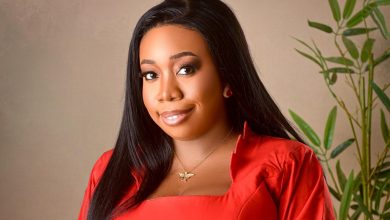5 Ways to Broaden Your Knowledge of Gender Justice this 2024 Media and Information Literacy Week
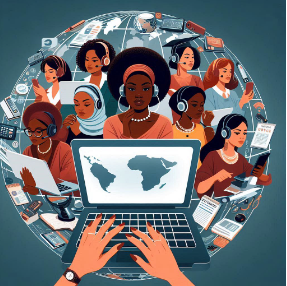
|
Getting your Trinity Audio player ready...
|
In a world where ignorance and misinformation perpetuate inequality, media and information literacy (MIL) are crucial for societal sustainability. This is particularly vital for women, who have long been marginalised and misrepresented in the media. The initiative, which has become a global celebration, promotes accurate and inclusive gender representation by empowering individuals with the skills to navigate and critically assess media.
MIL encompasses a broad range of knowledge, skills, attitudes, and values that enable individuals to effectively search for, access, critically evaluate, use, and contribute to media and information content. It empowers people to make reasonable and creative use of digital technology while enhancing their understanding of their digital rights and the ethical issues of accessing and using information. By fostering critical thinking, MIL strengthens the ability to navigate a complex media landscape, where misinformation, digital overload, and biased content can have profound effects. This is why UNESCO established the Global Media and Information Literacy (MIL) held annually from October 24 to 31, to raise awareness and celebrate progress in media and information literacy worldwide. Launched in 2012, this annual event advocates for integrating media and information literacy into various aspects of society, including education, governance, and media.
Global MIL Week aims to promote awareness of the importance of media and information literacy and push for its integration into all spheres of life. It also equips people with the tools they need to thrive in a media-saturated world, especially as digital technologies influence public opinion, behaviour, and societal norms. This initiative aligns with Naija Feminist Media’s mission to amplify women’s voices and provide education on feminist issues while delivering factual information on topics that affect and relate to women.
This year’s Global MIL Week theme is “The new digital frontiers of information: Media and Information Literacy for public-interest information.” This theme emphasises the importance of media and information literacy in today’s fast-changing digital world and the need for critical thinking skills to recognise, evaluate, and interact with important information online. In a society that shames women and misrepresents them in the media, it becomes imperative that as we celebrate Global MIL Week, we broaden our understanding of women’s experiences and the gender equality movement that seeks to ensure a socially just world.
Five Ways to broaden your knowledge of gender justice
Understanding the dynamics of gender oppression, the societal norms upholding it, and the movements established to dismantle such oppression is critical to broadening your knowledge of gender justice. Learning is a continuous process, however, you can start by empowering yourself with these insights.
- What Nigerian Feminism Is
In our society, men are automatically regarded as superior to women. Many argue that this is because men have greater physical strength than women. However, the average male strength is due to their biology. Meanwhile, women possess the unique ability to gestate a foetus in their womb and give birth to children. This is a superior biological advantage that women have over men. As such, even though men and women have different biological makeups, the difference does not make men automatically superior. Despite this, in Nigeria’s political system, men are primarily the ones with the opportunity to lead the country, with mostly men appointed to serve. Since Nigeria became a republic in 1963, 16 individuals have served as head of state, all of whom have been men, despite the country belonging equally to both men and women. Keep reading on why and how Nigerian women seek to change this.
2. The Intersection of Religion and Patriarchy
For centuries, religion has acted as a powerful vehicle for patriarchal values, reinforcing harmful gender norms and deepening gender inequality. Selective interpretations of religious teachings and scriptures have legitimised damaging stereotypes, justified discrimination, and legitimised male-dominated authority. This intersection of religion and patriarchy has contributed to alarming rates of domestic violence, femicide, and internalised shame, low self-esteem, and anxiety among women. These entrenched beliefs persistently hinder the progress toward gender equality and women’s empowerment. Our article on Religion: The Guardian of Patriarchy and Gender Inequality explains more about this.
3. Male Violence Against Women
Male violence against women is normalised in the society, with daily occurrence. NFM reports on the harsh realities of male violence against women. From Ayomide Adeleye’s kidnapping and murdering of his friend, Christianah Idowu, to 15-year-old Goodluck Bisong raping his classmate to near death in the comfort of her home. Read about the various ways women and girls suffer in the hands of the men they know.
4. Experiences of Women and Girls Living with Disabilities
Women and girls with disabilities are often marginalised and overlooked in the society. UN Women reports that only 2.3 per cent of women with disabilities held a position as a legislator, senior official, or manager, according to evidence from 19 countries in 2017. This Global MIL week, read stories about women like Ezenwata Nasa and Aisha Adeleye. Also, learn how schoolgirls with disabilities are suffering due to lack of WASH Facilities.
5. Societal Contribution of Women
Nigeria’s Agriculture, which contributes to the country’s GDP rate of 23.78%, is sustained by women. They contribute to 70% of the workforce and food production, processing, and marketing. Take a moment to dive into and learn how Nigerian women contribute to the economy. While at it, learn the challenges they face. You will, however, find more inspiring stories of Nigerian women’s contribution to nation-building.
As you learn, ensure you transfer the knowledge to others, share the insights with people in your community, and challenge norms and narratives that stall the progress of a more equitable world.


